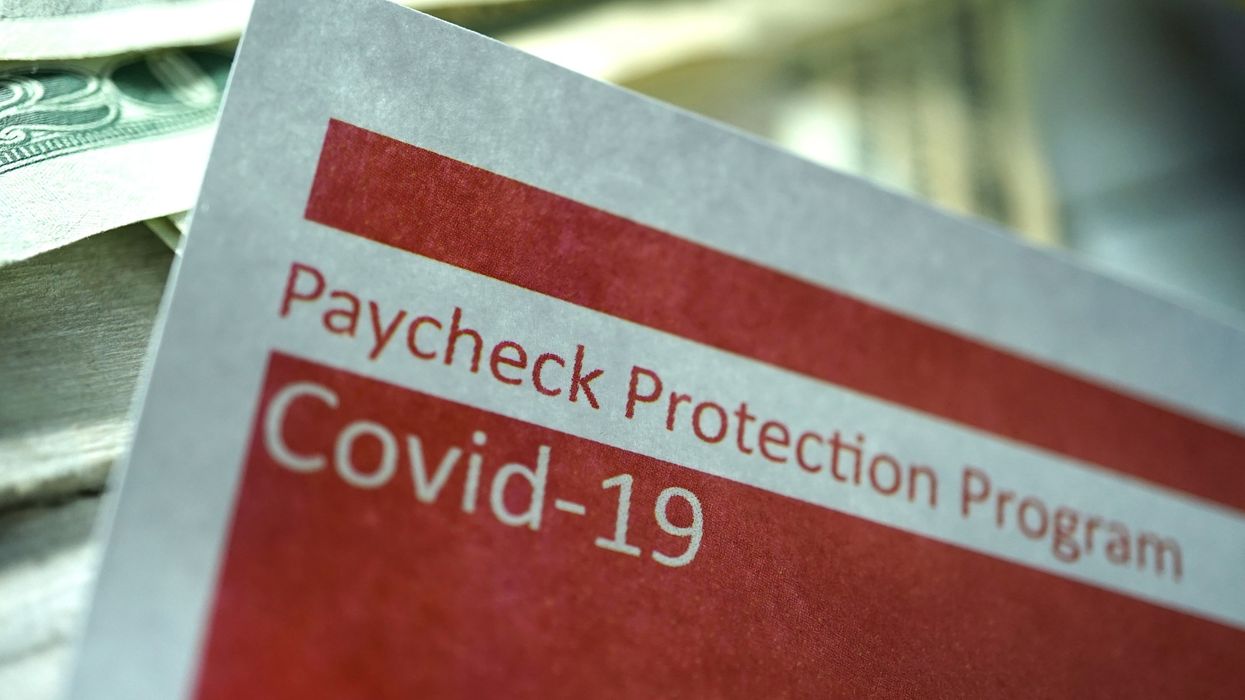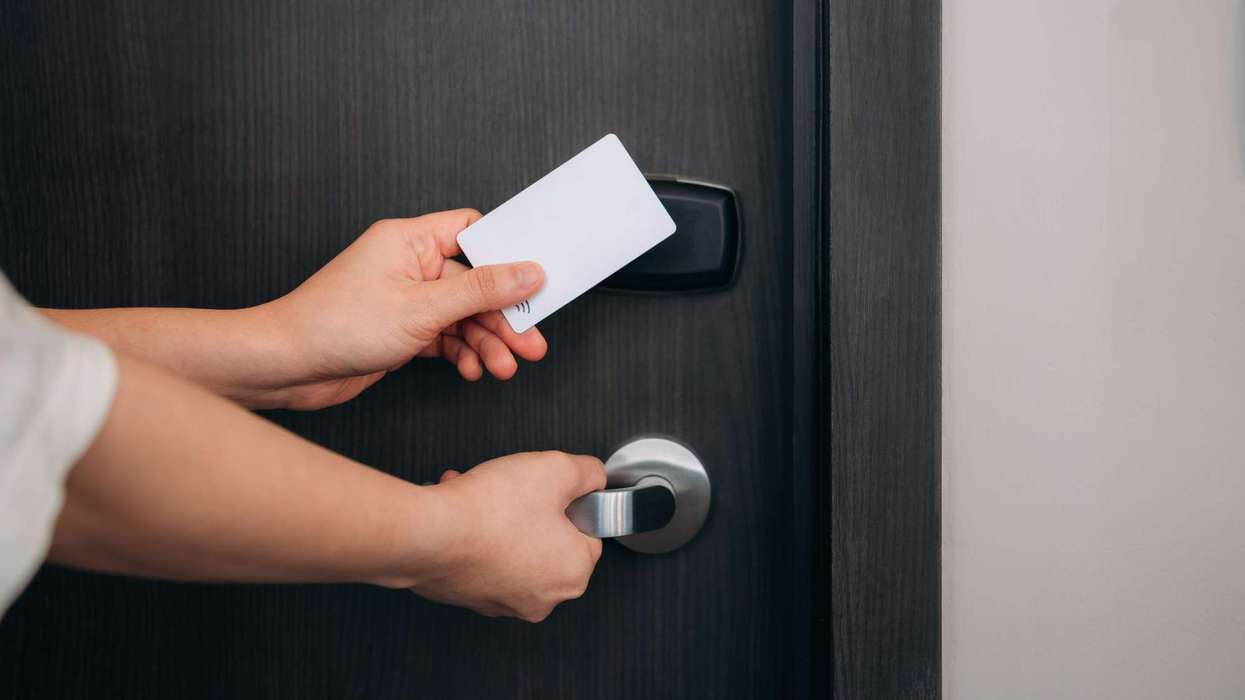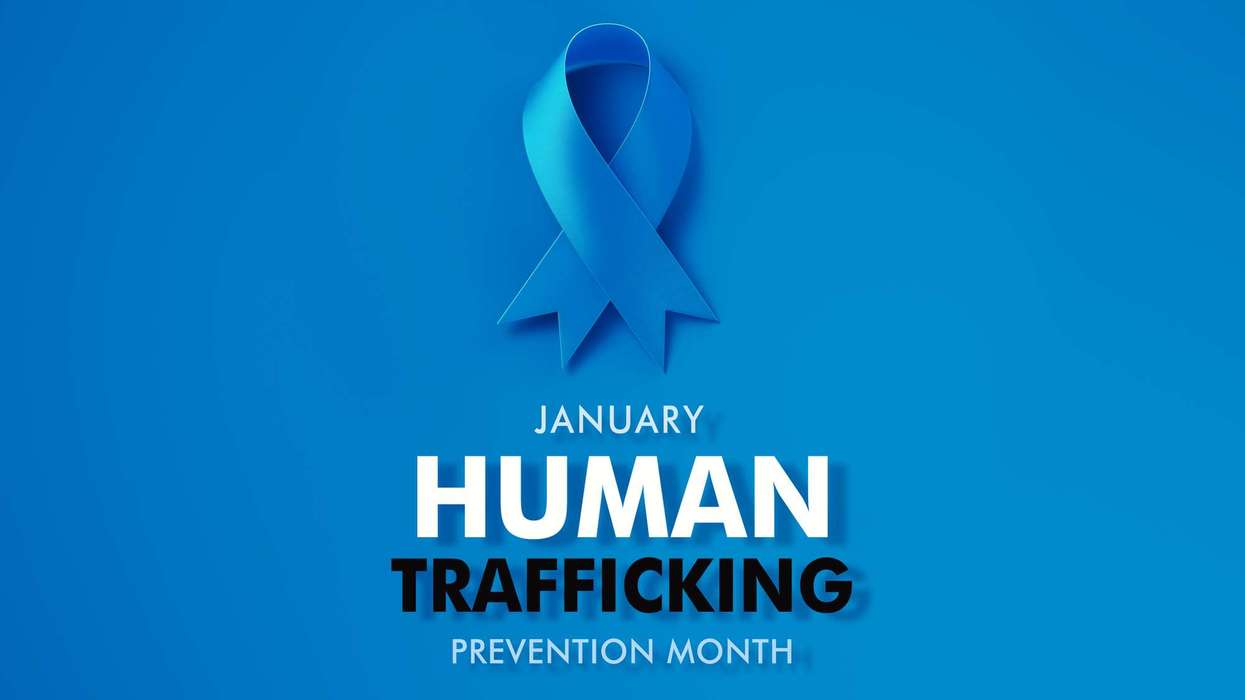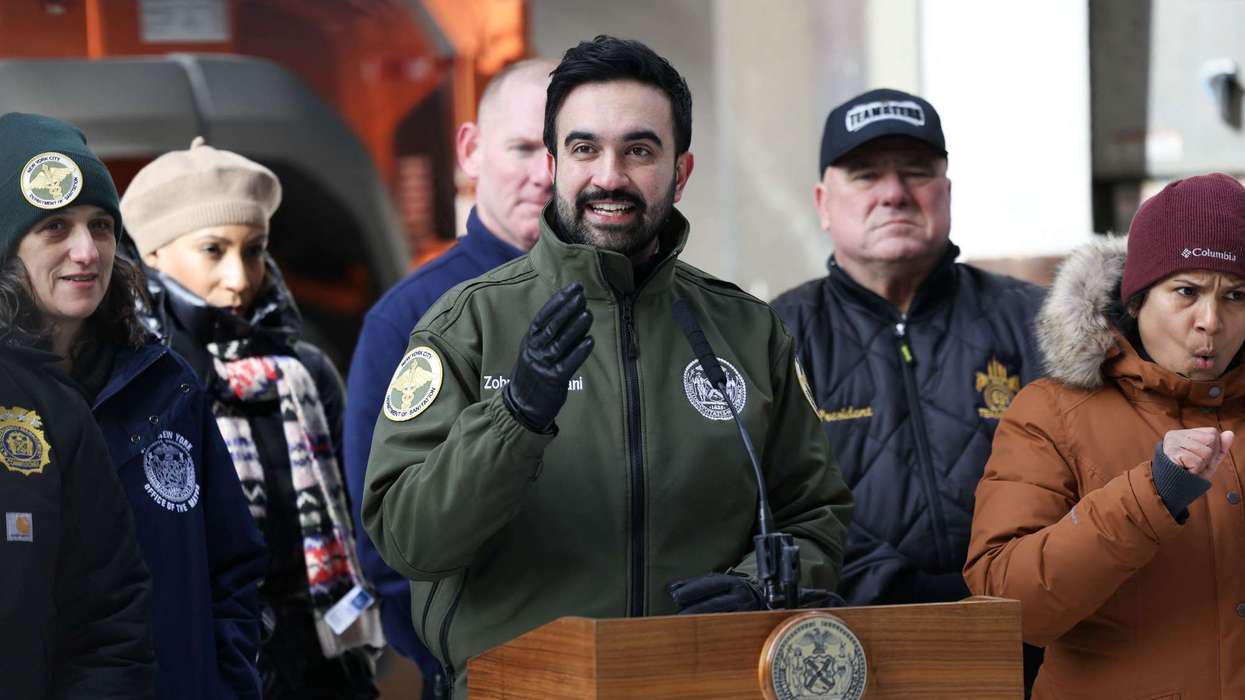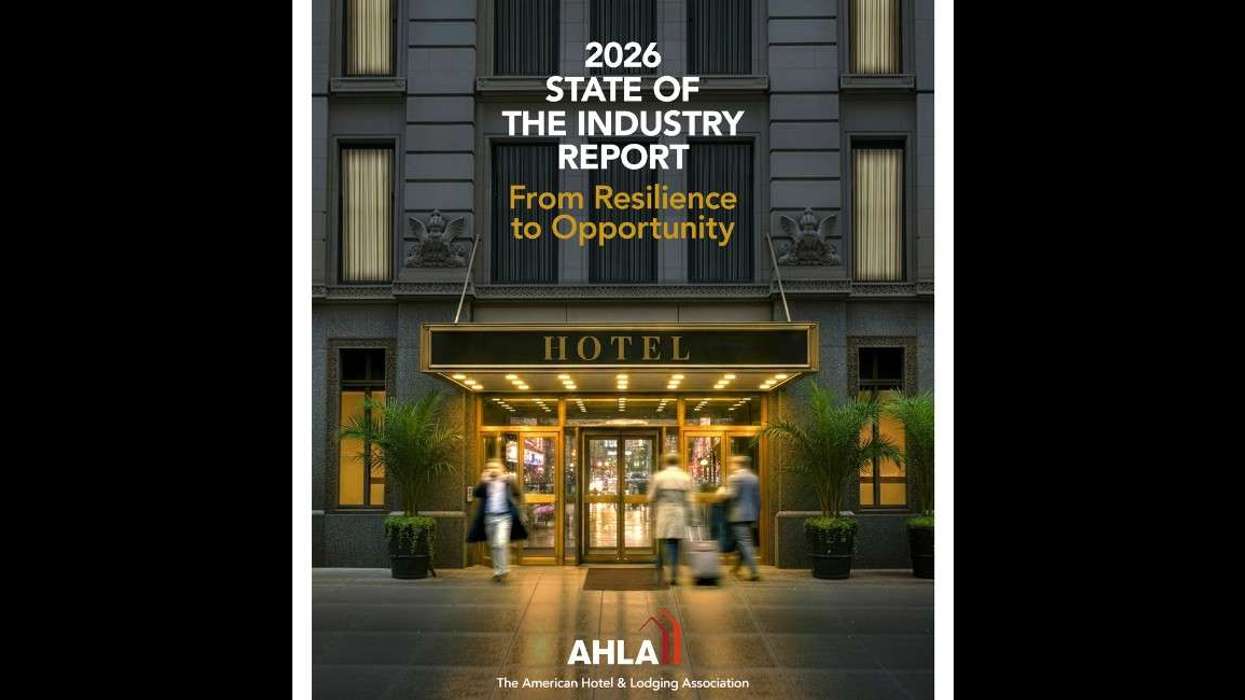THE SMALL BUSINESS Administration has approved $104 billion in Paycheck Protection Program loans to 1.3 million small businesses and is taking steps to increase availability of further loans. This comes at a time when, according to the U.S. Travel Administration, the leisure and hospitality industries face massive job losses.
During the most recent round of PPP loans, 82 percent of the $104 billion in loans went to small businesses requesting less than $100,000. Of those businesses, 28 percent are in rural communities. SBA also increased its partnerships with Community Development Financial Institutions and Minority Depository Institutions to improve outreach to minority communities and underserved populations.
“While we are excited that we are doing a better job of reaching the hardest hit industries and communities, we are committed to taking additional steps to ensure that there is equitable access for underserved businesses and that we are leading with empathy to support small businesses in a difficult spot," said Michael Roth, SBA’s senior advisor to the administrator.
SBA is making other changes to resolve data mismatches and eligibility concerns to increase the time that small businesses have access to PPP funds. They include:
- Enabling lenders to directly certify eligibility of borrowers for First Draw and Second Draw PPP loan applications with validation errors to ensure businesses who need funds and are eligible receive them as quickly as possible.
- Allowing lenders to upload supporting documentation of borrowers with validation errors during the forgiveness process.
- Creating additional communication channels with lenders to assure we are constantly improving equity, speed, and integrity of the program, including an immediate national lender call to brief them on the Platform’s added capabilities.
Meanwhile, 39 percent of jobs lost during the pandemic were in the leisure and hospitality industries, according to USTA. Almost four in 10 of all the U.S. jobs lost since February 2020 were in those industries. And, while the U.S. economy overall added 49,000 jobs in January, leisure and hospitality lost 61,000 jobs during that month, the second month in a row the sector has lost jobs while the overall economy gained.
USTA also reported that the leisure and hospitality sector’s loss is nearly double the 12 percent experienced by the mining and logging sector, which had the next-worst job loss rate. Leisure and hospitality job losses make up 39 percent of all U.S. unemployment, three times as much as the 13 percent seen by government, the sector with the second-biggest share.
“The math is pretty easy: the U.S. economy won’t get back on track until the Leisure & Hospitality sector is back on track, and that’s going to take aggressive policy actions,” said Roger Dow, USTA’s president and CEO. “Safely restarting travel needs to become a national priority, which means not only relief measures but pressing ahead on vaccinations and continuing to emphasize best health practices. This is an all-hands-on-deck problem, with the government, industry, and also the public having important roles to play.”
A third draw on the PPP program is one relief priority USTA has set for Congress and the Biden administration to help accelerate the onset of a travel recovery. Others priorities include:
- $2.25 billion in Economic Development Administration grants to promote safe and healthy travel practices.
- $17 billion in additional relief for commercial airports and airport concessionaires.
- Tax incentives to support the restoration of travel jobs.
- Help travel businesses cover the cost of COVID-19 prevention efforts.
While COVID-19 vaccinations are under way, Dow said the slow rollout means the travel industry will require continuing assistance for some time more.
“There are still unknowns about when travel will restart in earnest,” he said. “What is fully known is that the pandemic’s effect on travel is continuing to cause devastating economic and employment harm, and the only way to correct that is through aggressive action.”
